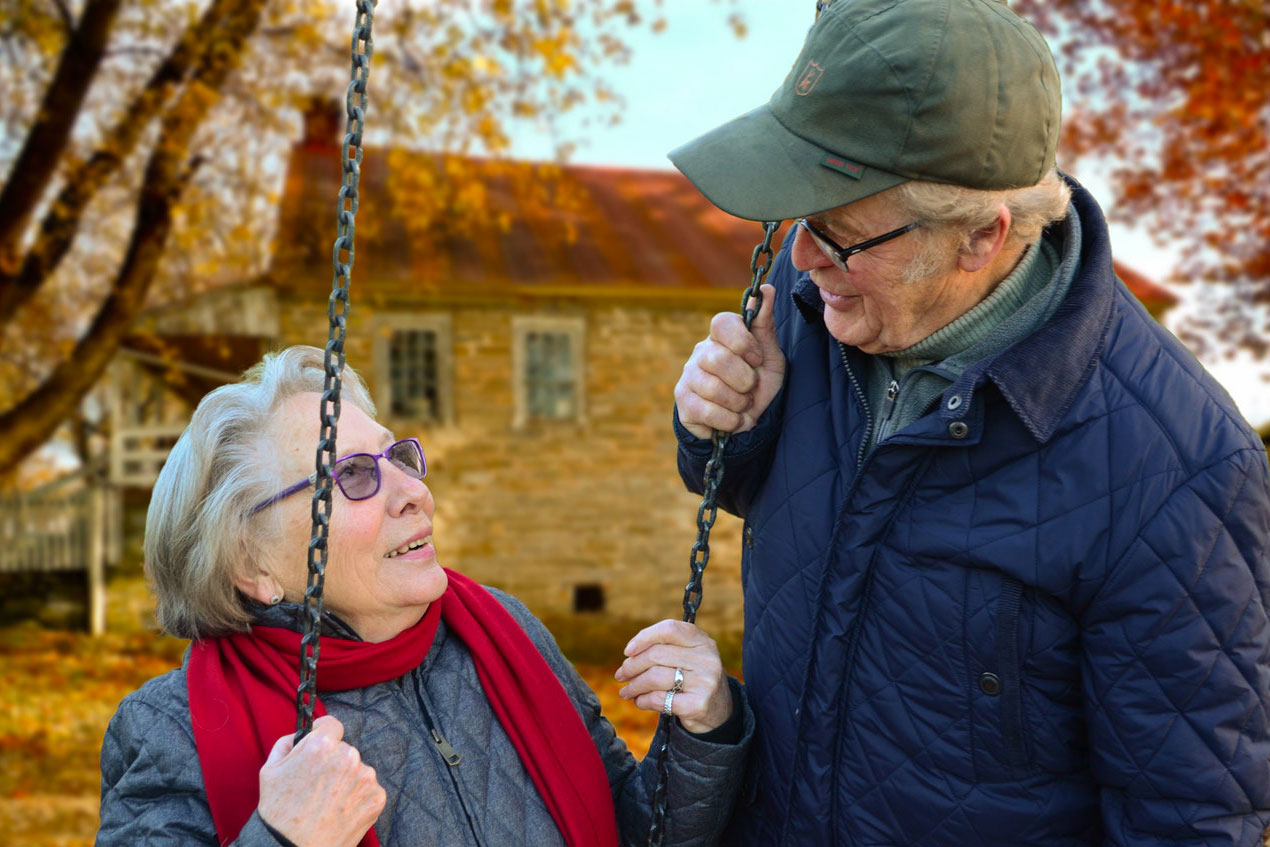Have you planned to have your flu vaccine this year? Maybe you’ll have your annual flu jab at a local clinic, a community pharmacy – or even at work. But wherever you are vaccinated, your primary goal is probably to avoid flu.
However, research suggests flu vaccines offer even more benefits, particularly for those in at-risk groups such as older citizens and people with chronic illnesses.

The new report, published by the International Federation on Ageing (IFA), highlights a wide range of ways in which your annual flu shot may have a protective effect beyond preventing flu or reducing the severity of infection.
The Secondary Benefits of Influenza Vaccination reviews dozens of original research papers studying the impact of flu vaccines. It highlights evidence showing that influenza is association with higher rates of complications, hospitalisations and even death in individuals living with non-communicable diseases compared to the general population.
For example, people with asthma and COPD suffer more severe breathing problems if they contract a respiratory infection such as influenza; those with diabetes – and pregnant women – are more likely than others to be hospitalised when they have flu; while the risk of stroke and heart attacks is increased three- and five-fold in the days after the onset of flu infection.
‘Without the flu vaccination, those with asthma risk an increase in the severity of their illness, an exacerbation of asthma symptoms with a risk of catastrophic disability and the potential for a hospitalization and/or death,’ said Vanessa Foran, President and CEO, Asthma Canada.

Staying healthy and active
For older people – including those without a chronic condition – flu infection can trigger a broader decline in health and wellbeing. Despite recovering from the infection, the affected person may be frailer than they were prior to their brush with flu.
The review found that being vaccinated against influenza could prevent ‘functional decline’ among older adults, reducing the incidence of frailty.
‘Vaccines contribute enormously to the prevention of influenza, yet many are unaware of the secondary benefits outlined in this report,’ said David Sinclair, Director of ILC-UK. ‘The secondary benefits of influenza vaccination such as preventing functional decline and frailty are imperative to healthy ageing and the ability of older people to participate in that which they value.’
As people in almost all countries are living longer than ever before, it is vital to individuals, communities and economies that the population remains in good health. This has prompted growing emphasis on life-course immunisation as one element of a broad approach to ageing well.
‘Increases in life expectancy around the world due to significant demographic transitions is a cause for celebration yet a longer life in poor health and function is not a prize,’ said Dr Jane Barrett, President of the IFA. ‘Seasonal influenza epidemics are responsible for three to five million serious illnesses and half a million deaths worldwide, with approximately 89 percent of those deaths among individuals aged 65 years and older.’
‘The influenza virus also significantly contributes to decline in functional ability amongst older people,’ she added. ‘One of the most cost-effective and affordable strategies to reduce the social and economic burden of infectious disease such as influenza is immunisation – a strategy often overlooked in the prevention of functional decline in later life.’

Prof Alan Sinclair, Diabetes Frail Ltd., said the effectiveness of vaccines can wane in older people due to ‘inflamm-ageing’ – an inflammatory process associated with advancing age.
‘This can accelerate functional decline in frail individuals and the co-existing presence of diabetes provides the potential for exacerbating this whole process,’ he said. ‘It is imperative that we develop vaccination strategies in older people, particularly those with chronic morbid conditions that can still be effective in immunosenescence states.’
To read the full report, click here.



